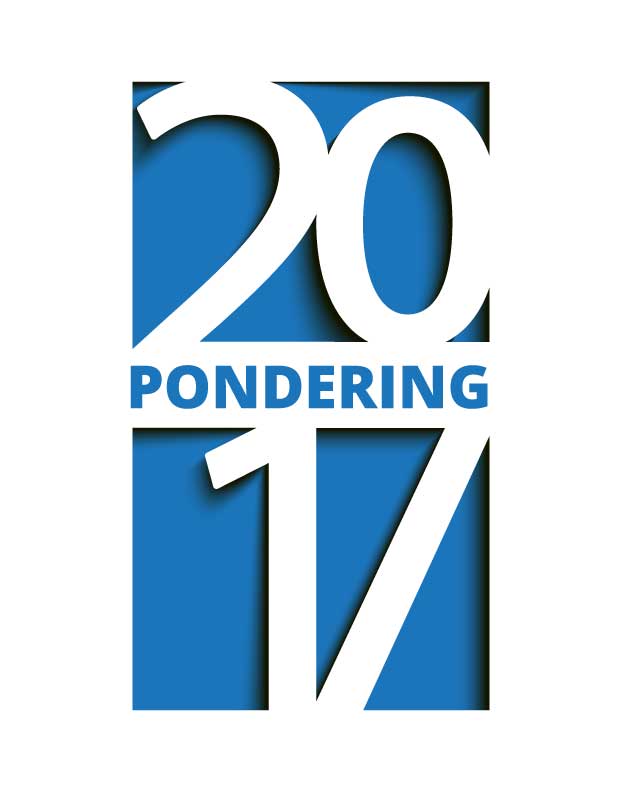HAVE YOU EVER WONDERED ABOUT THE PAST YEAR?

No matter how old we are, on approaching 31 December, we start looking back over the year, wondering ‘what did we do with our goals’? It’s great to ponder and reflect because in doing so, you end up with a sense of achievement.
Interestingly, ‘looking back over the year’ is not a new phenomenon. Remember sitting around the table on New Year’s Eve, singing Auld Lang Syne? Originally a Scottish poem penned by Robert Burns in 1788, references to friendships, wandering and kindness conjure up what is meaningful throughout the year.
In the 16th century, long before Burns wrote his poem, and on the other side of the world, Japanese samurai Miyamoto Musashi wrote about strategy and philosophy. In his ‘A Book of Five Rings’ it is reported that Musashi reflected considerably on his past years and on strategy.
I often think about goals and strategy and when I am working through my thoughts, what I am really doing is ‘sharpening’ my sword – I imagine Musashi sharpening his mind all those years ago as he focused on his personal ‘mastery’, his success.
Sitting down writing goals and strategy is one thing, developing and putting into action a plan to realise the goals is another thing. In Stephen Covey’s ‘The 7 Habits of Highly Effective People’, each chapter has significant information about how to realise goals. One chapter in particular, ‘Sharpen the Saw’ specifically captures my attention every time I read the book because of the reference to the ‘Upward Spiral’ model and the model’s three parts which are: learn, commit and do. Can you imagine, back in Musashi’s days how his reflection, learning, committing, and doing helped him to become an expert strategist and author? I imagine that he reflected significantly throughout his life so that he could achieve mastery and influence future success.
Have you ever wondered what causes mastery and success? How can learning, committing and doing bring us to success? Bernard Weiner (Psychological Review, Vol. 92, No. 4, 1985) writes about the ‘Expectancy Principle’ where changes in expectancy of success can be attributed to the perceived stability of the cause. What if you can focus on stabilising the cause of your own events now and into the future so that you can increase the likelihood of your success? Sounds great doesn’t it?
We all want to be successful regardless of time of year and that means being clear on what you want to achieve and taking appropriate action. Success is a result of strategy and action, as demonstrated by Musashi and Covey.
You want to be successful starting now? Call Glen now 0402306725 and book your first one-hour free coaching and commit to your own success now and into your future.
Want to do more?
Register now for a FREE one-hour workshop.



